Saudi Arabia’s Strategic Approach to Gaza Challenges
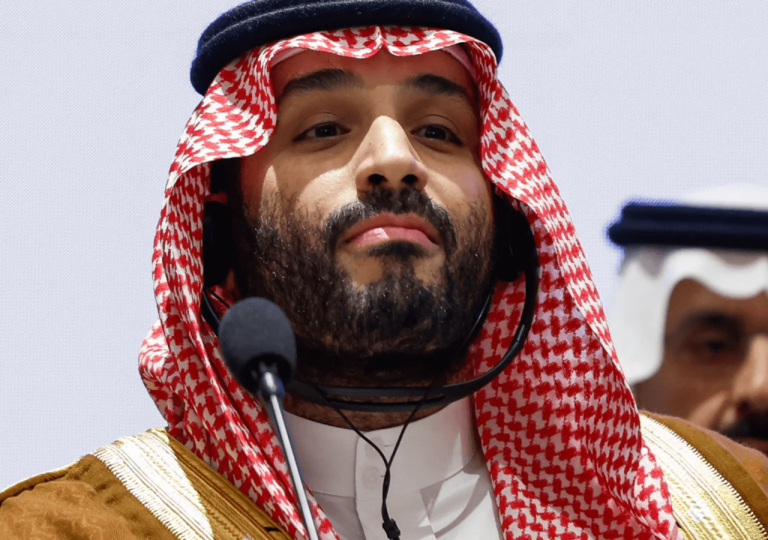
Saudi Arabia strategically navigates its alliance with the US amidst the Israel-Palestine conflict, aiming to secure favorable terms while excluding Israel from key agreements.

Saudi Arabia strategically navigates its alliance with the US amidst the Israel-Palestine conflict, aiming to secure favorable terms while excluding Israel from key agreements.

Turkey halts trade with Israel, a bold move against Israel's actions in Gaza, as Erdogan seeks political gain.
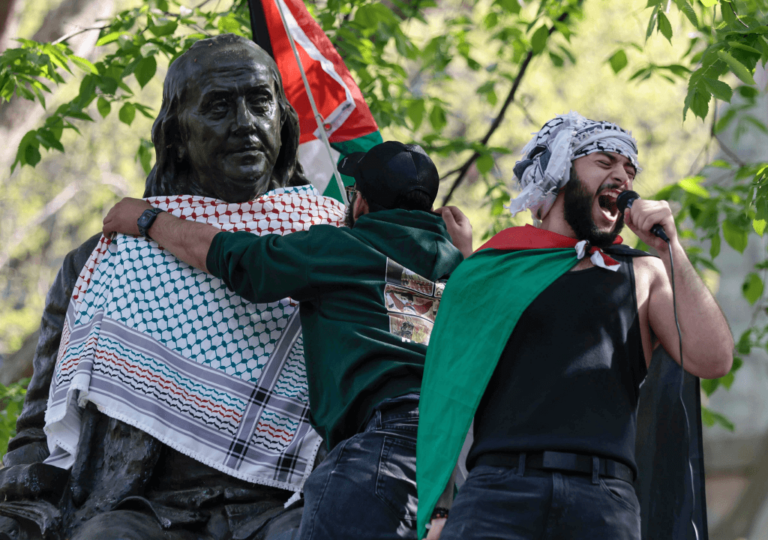
Global Muslim solidarity for Palestine, seen in rallies and protests worldwide, reflects shifting dynamics. Western nations show heightened support, contrasting with subdued responses in the Middle East and South Asia.

Despite fears of war, global powers urge restraint to prevent catastrophic consequences. Recent drone attacks and missile strikes highlight the delicate balance between these nations, with potential involvement of allies like Russia and China.
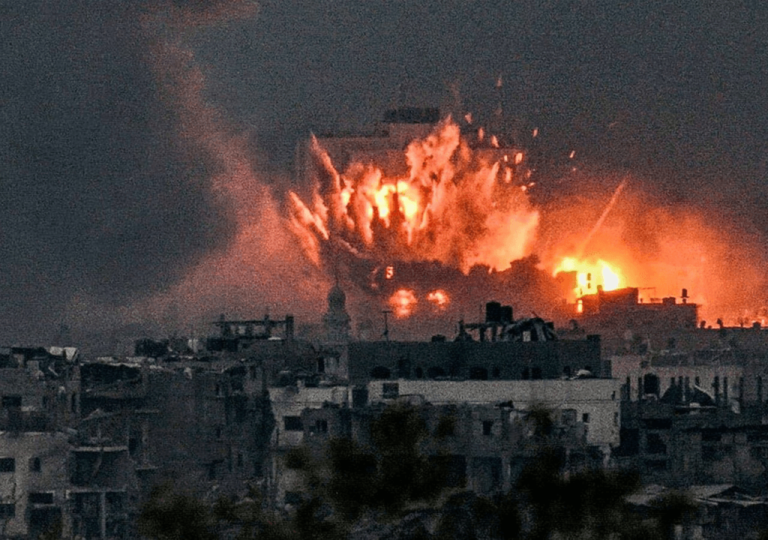
Israel's continued construction of settlements in the West Bank and East Jerusalem, threatening the prospects for a Palestinian state and violating international law. Israel also plans to control Gaza, diminishing Palestine's scope.
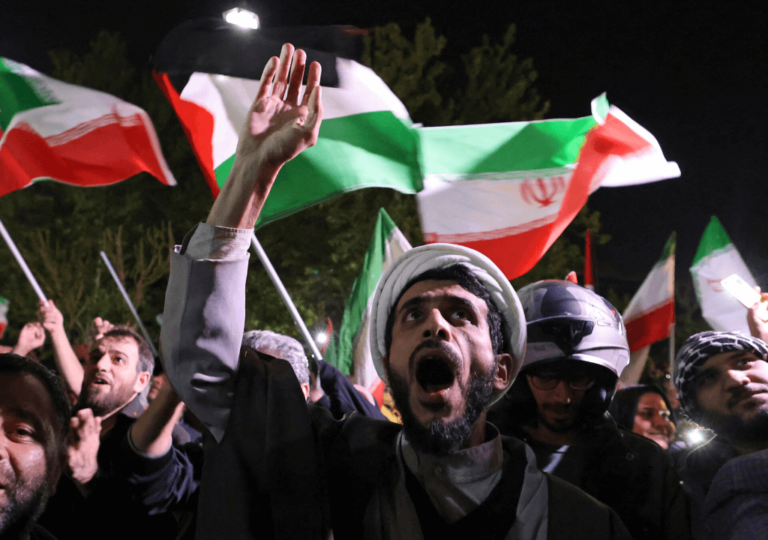
Iran launched a drone and missile attack on Israel, met with international obstruction. The conflict reflects complex political dynamics in the Middle East.
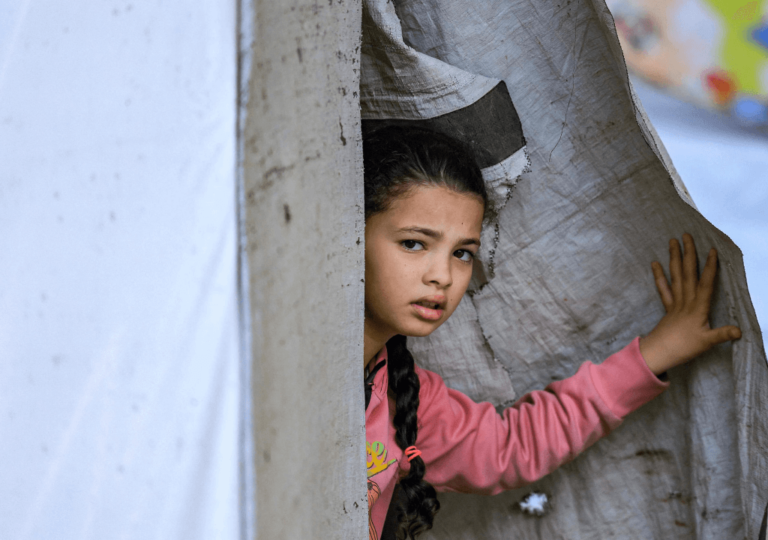
Recent global shifts challenge US supremacy; Gaza conflict reveals geopolitical complexities, impacting alliances and reshaping the Middle East's dynamics.
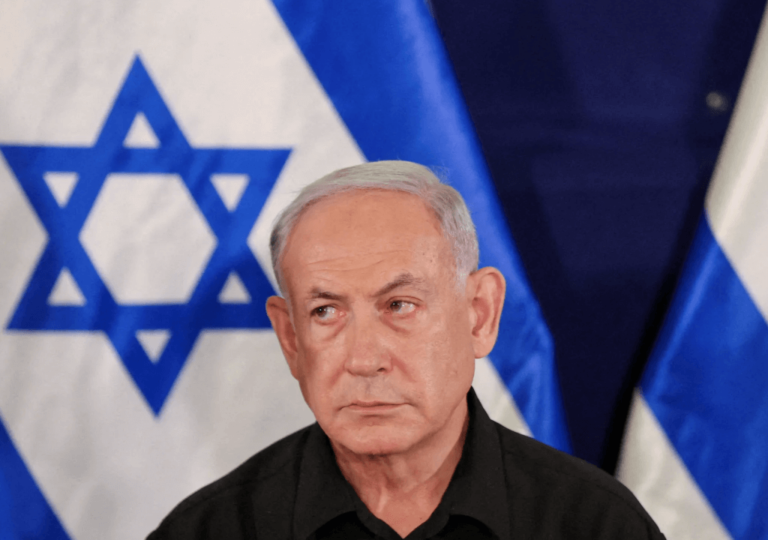
Israeli unrest over Hamas captives and elections. Gaza conflict escalates, testing Netanyahu's leadership amidst mounting dissatisfaction.
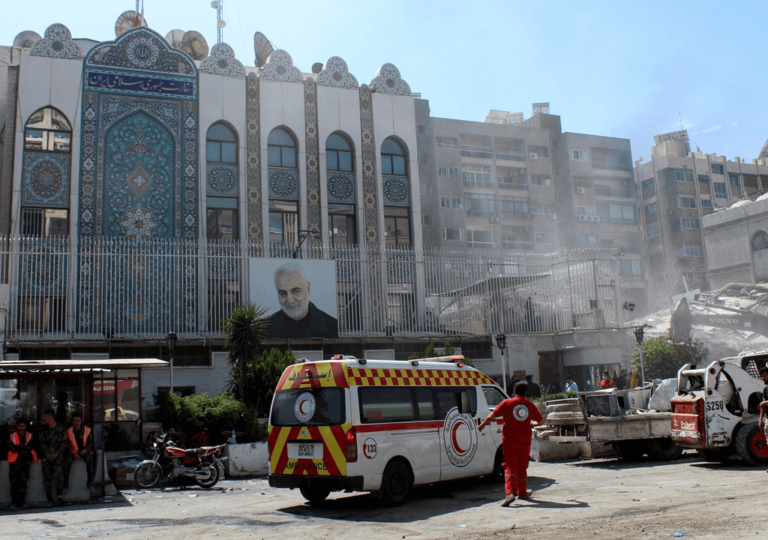
The recent Israel-Hamas conflict escalates, with Israel targeting Iranian interests in Syria, risking broader conflict but avoiding direct confrontation with Iran.
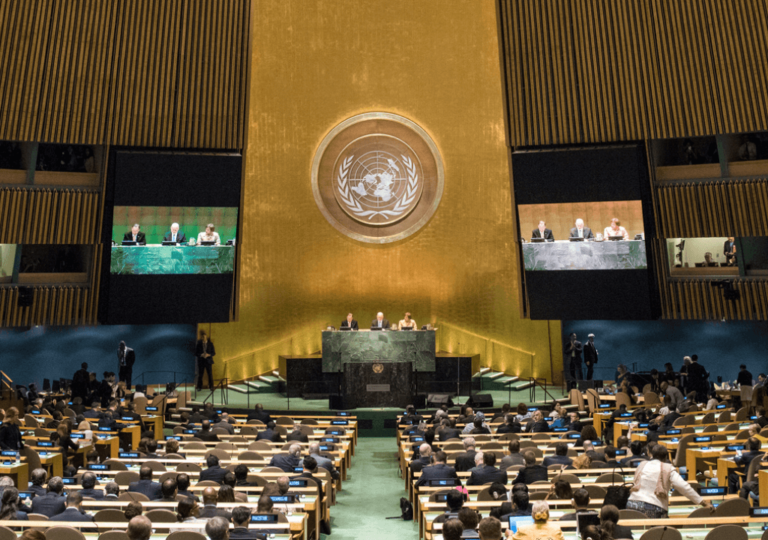
Amid Gaza crisis, US abstains from UN ceasefire vote, signaling diplomatic shift. Israel faces international isolation despite US partnership assurances